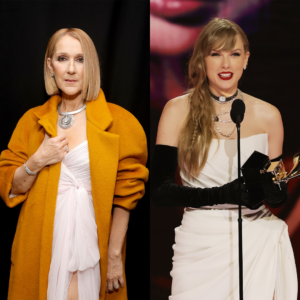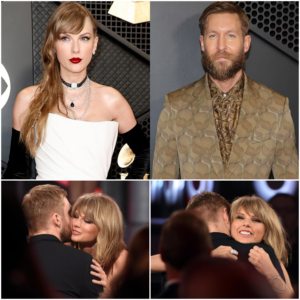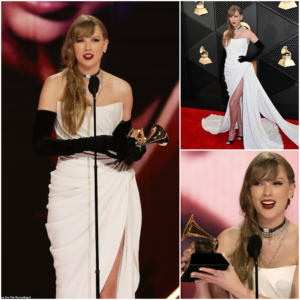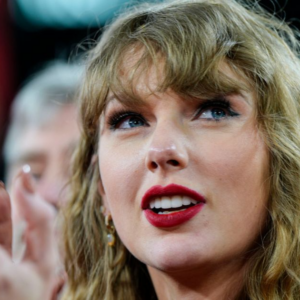The New York Times is facing backlash for publishing an op-ed piece speculating popstar Taylor Swift’s sexuality. Know what the star said about her own identity.
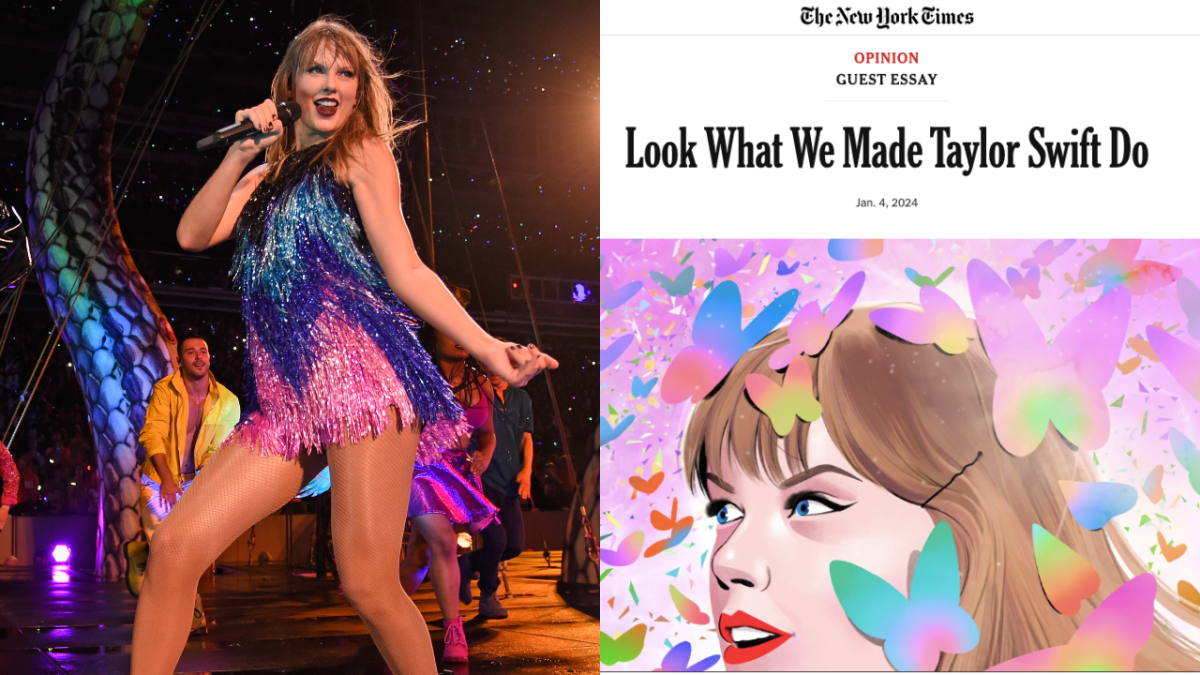
Anna Marks, an Opinion editor in the New York Times is facing backlash online after she wrote a 5000+ words editorial speculating Taylor Swift’s sexuality. The piece, which is under fire for inappropriately speculating if Taylor Swift is a closeted member of the queer community has also faced criticism from Swift’s associates.
What was said in the piece and how did people react?
The 5000-word essay is technically an opinion piece from Marks who has pointed out Swift’s songs and performances which had LGBTQ references- both perceived and overt. There are also implications and suggestions throughout the piece that suggests Swift has been closeted for years and has been trying to signal her queer identity through these references. The op-ed has been termed “invasive, untrue, and inappropriate” by a person close to the matter who spoke to CNN anonymously.
“Because of her massive success, in this moment there is a Taylor-shaped hole in people’s ethics,” The person said. “This article wouldn’t have been allowed to be written about Shawn Mendes or any male artist whose sexuality has been questioned by fans,” they also added. They were also irked that this inappropriate and invasive piece would be allowed to be published “under the protective veil of an ‘opinion piece’.”
The chief music critic at Variety, Chris Willman, referenced this article in his X (formerly Twitter) post which said, “I’ve defended the NYT before when they published questionable op-eds… but this was the least defensible op-ed I can remember ever seeing the NYT run, made all the worst by the fact that it was written by a staffer, who specializes in these speculations.”
Singer Chely Wright, whose struggles as a queer country singer were also discussed in Marks’ article reposted Willman’s post and wrote that it was “Triggering for me to read— not because the writer mentioned my nearly ending my life— but seeing a public person’s sexuality being discussed is upsetting.”
What has Taylor said about her sexuality?
Taylor, who has been a champion for the LGBTQ community for a long time never admitted to being a part of the community herself. She has called her concerts a ‘safe place’ for queer people just as a plethora of ‘anti-gay’ bills were being passed.
In the prologue of her re-recorded album 1989, Swift also wrote about how she surrounded herself with female friends at one point in her life as any time she was seen with a man publicly, there were some speculations about her being involved with them romantically. She wrote, “If I only hung out with my female friends, people couldn’t sensationalize or sexualize that — right? I would learn later on that people could and people would.”
Even though Times representatives have declined to comment on the matter. Marks herself correctly assumed the backlash her opinion might face post-publication and addressed it in the article. She wrote, “I know that discussing the potential of a star’s queerness before a formal declaration of identity feels, to some, too salacious and gossip-fueled to be worthy of discussion.”
People have slammed the article suggesting that any speculative theories about a person’s sexual identity are an invasion of their privacy and it is none of anyone’s business what the star identifies as.
News
Taylor Swift Squashes Celine Dion Grammys Snub Rumors With Backstage Picture
Taylor Swift Squashes Celine Dion Grammys Snub Rumors With Backstage Picture Taylor Swift and Céline Dion silenced critics who accused the “Karma” singer of not acknowledging the…
Calvin Harris had a surprising reaction when accidentally facing Taylor Swift at the 2024 Grammy Awards: “I won’t let that happen!”
How Calvin Harris Reacted to Seeing Ex Taylor Swift at 2024 Grammys Taylor Swift, whose album Midnights won Album of the Year, ran into ex-lover Calvin Harris at…
Taylor Swift revealed a secret on the Grammy stage that paralyzed social networks
Taylor Swift reveals a secret she kept hidden for 2 years to her fans. Soon after, her Instagram account with more than 280 million followers was temporarily…
Taylor Swift accidentally lets slip what she calls Travis Kelce in private… and fans can’t believe it-HC
Taylor Swift accidentally lets slip what she calls Travis Kelce in private… and fans can’t believe it Another video from the Chiefs latest game against the Packers…
Taylor Swift making Grammy Awards history ahead of star-studded ceremony
Taylor Swift on the brink of making Grammy Awards history ahead of star-studded ceremony Taylor will not perform at the Grammys as she’s keen to keep laser-focused…
Mom of 49ers Star Says Taylor Swift is ‘Dead to Us,’ Plans to Boycott Singer Before Super Bowl
Mom of 49ers Star Says Taylor Swift is ‘Dead to Us,’ Plans to Boycott Singer Before Super Bowl A mom has to have her priorities. As the…
End of content
No more pages to load
